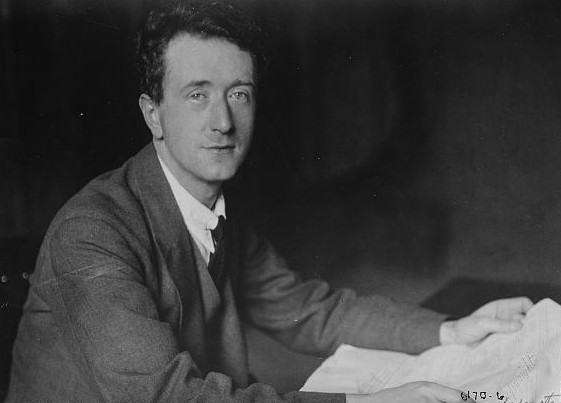Archives | State Papers
Echoes of the past from the archives
Desmond Fitzgerald, the father of future Taoiseach Garrett Fitzgerald, was a minister holding a series of portfolios in the Free State Government. He was involved in many controversial matters, the least of which was his effort to nominate James Joyce for the Nobel Prize for Literature.
However, it was then the practice for minsters to keep papers in their private ministerial offices, and when they left office the papers went with them. There was nothing illegal about this.
But it clearly reveals fears on the part of Free State minsters that an incoming government of another colour might search for and destroy sensitive files, just as members of the opposition suspected opponents of doing exactly the same.
Role
The current crops of files reveal a curious matter. The then Taoiseach Garrett Fitzgerald TD at the releasing of Cabinet Minutes and supporting files (1848-51) in the State Paper office in the Lower Castle yard on December 20, 1982, spoke about his government’s role and his own interest in the matter of open movement. These were taken down verbatim by a state officer.
In the course of these he paused and said “going off the record for the moment” that he had at home in Palmerston Road “papers which my father brought from his private office in 1932 and for many years before becoming a Minister I made them accessible to historians, which was very heavily used by David Harkness in his book The Restless Dominion, a very large proportion of footnotes which were the basis of those papers.
“And then I was made Minister of Foreign Affairs refusing access to historians to current Foreign Affairs papers while at the same time being asked by the historians to continue to look at my fathers’ papers.
“All I could do was decide to continue the previous practice of my father’s papers but could do nothing about the ones which were still in foreign Affairs which he hadn’t taken with him,” Fitzgerald said.
He said that he still had the papers and the family were anxious to have them deposited and made available in UCD with the other papers there.
“And I have just spent this weekend moving from the top floor to the ground level floor. Our space requirements are such that we will have to take early action on this. You can’t even go to the lavatory in the cloakroom at present because of the tin boxes which came out of the 1932 files.”
He then went on the record again. This meant that he was prepared to tell the assembled press and government guests something that he did not want the press to print. But it was largely due to Garret Fitzgerald that the present legislation was enacted.


 Peter Costello
Peter Costello Desmond Fitzgerald
Desmond Fitzgerald 